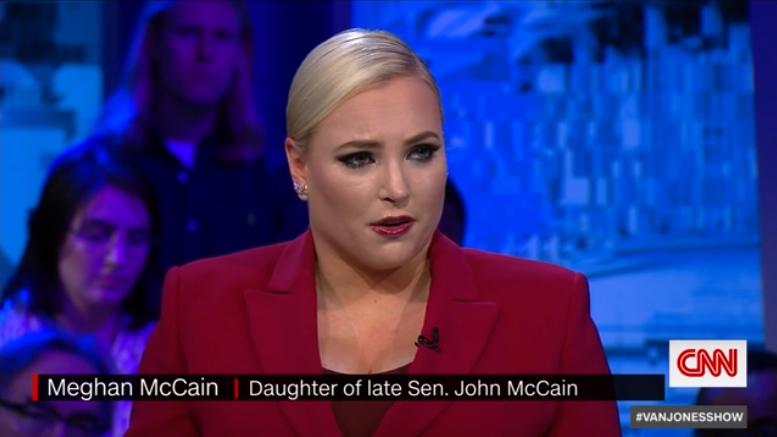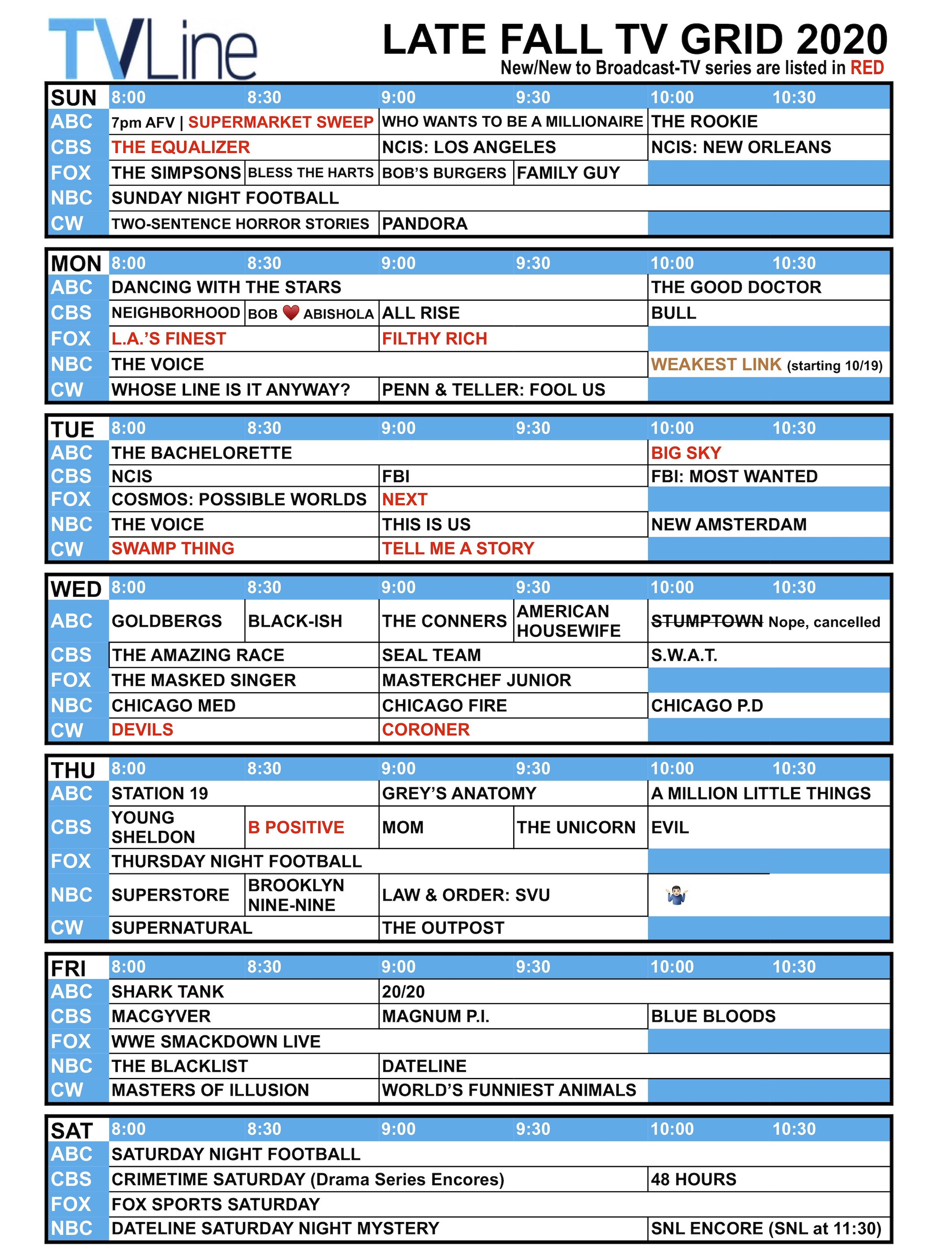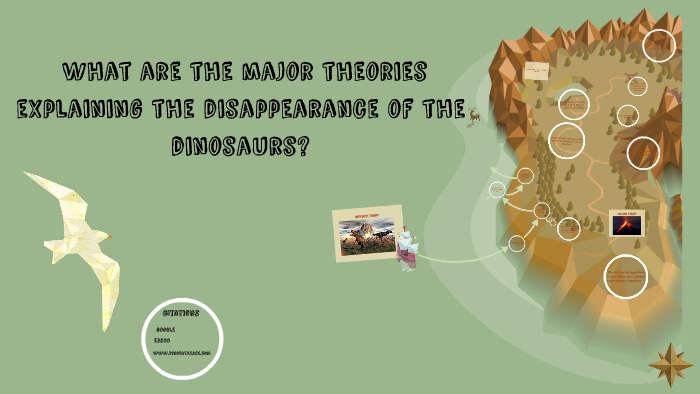Republican Dealmaking: Trump's Influence And Pressure

Table of Contents
Trump's Negotiation Tactics and their Impact on Republican Dealmaking
Trump's unconventional negotiation techniques have profoundly reshaped Republican dealmaking. His approach, often described as "the art of the deal," prioritizes aggressive tactics, public pressure, and personal gain over traditional compromise.
The Art of the Deal (Trump Style):
Trump's negotiation style is characterized by:
- Demanding Concessions: He often starts with maximalist demands, aiming to extract significant concessions from his opponents.
- Utilizing Public Pressure: He frequently uses social media and public statements to pressure opponents, bypassing traditional diplomatic channels.
- Prioritizing Personal Gain: His negotiations often seem driven by personal ambition and perceived self-interest, sometimes at the expense of broader policy goals.
Examples: His renegotiation of NAFTA (now USMCA), his frequent use of Twitter to attack political opponents, and his prioritization of personal loyalty over policy alignment in appointing officials all exemplify this style.
Consequences: This approach has led to increased polarization, making bipartisan compromise significantly more difficult. It has also eroded traditional political norms and fostered a climate of heightened political conflict. The resulting political gridlock hinders effective governance and policy implementation.
Loyalty vs. Policy:
Under Trump's influence, personal loyalty often superseded policy alignment within the Republican party. This created a challenging dynamic within the party structure.
- Examples: Many Republicans supported Trump despite his controversial statements and actions, prioritizing party unity and loyalty to the leader over disagreements on specific policies. This was evident during numerous controversies throughout his presidency.
- Consequences: This emphasis on loyalty limited policy diversity within the party, making it difficult to address internal disagreements effectively. It also presented challenges to internal party discipline and the ability to present a united front on key policy issues. A lack of internal debate can stifle innovation and lead to less effective policy solutions.
Trump's Influence on Specific Republican Policy Areas
Trump's influence extended across various policy domains, significantly impacting Republican dealmaking in each.
Trade Policy:
Trump's "America First" trade policies fundamentally altered Republican approaches to international trade negotiations.
- Examples: The trade wars initiated with China, and the renegotiation of NAFTA into the USMCA, illustrate his protectionist approach.
- Consequences: These actions shifted traditional alliances, strained relationships with longstanding allies, and created uncertainty in global markets with potential negative economic impacts for both the US and its trading partners.
Immigration Policy:
Trump's hardline stance on immigration profoundly affected Republican negotiations on immigration reform.
- Examples: His commitment to building a border wall and his imposition of restrictions on legal immigration epitomize this approach.
- Consequences: This stance has exacerbated political division, making it significantly harder to find common ground with Democrats on immigration reform, leading to prolonged stalemates and inaction on this critical issue.
Conservative Judicial Appointments:
Trump's impact on judicial appointments has reshaped the judiciary's ideological landscape.
- Examples: The appointment of numerous conservative judges to federal courts, including Supreme Court justices, dramatically shifted the balance of the judiciary.
- Consequences: This shift in judicial ideology will have long-term consequences, impacting future legal decisions and the interpretation of laws for decades to come. The consequences of these appointments will likely be debated and analyzed for years.
The Future of Republican Dealmaking in the Post-Trump Era
The lingering effects of Trump's influence on Republican dealmaking are significant, yet the future remains uncertain.
Lingering Effects of Trump's Influence:
Trump's legacy continues to shape Republican politics.
- Examples: Increased party polarization, difficulty in finding consensus on key policy issues, and a reliance on divisive rhetoric persist.
- Consequences: The potential for continued gridlock, reduced legislative effectiveness, and a decline in public trust in government are all significant concerns.
Potential for Change:
Despite the challenges, a shift away from Trump's style is possible.
- Examples: A renewed focus on bipartisan cooperation, a more moderate approach to policy, and a return to traditional Republican principles could potentially emerge.
- Consequences: Increased potential for legislative success, improved public perception of the Republican party, and a more functional government are the potential positive outcomes of such a shift.
Conclusion:
Donald Trump's influence on Republican dealmaking has been profound and multifaceted, leaving an enduring mark on various policy areas. His emphasis on loyalty, aggressive negotiation tactics, and the "America First" approach fundamentally altered the dynamics of political compromise within the Republican party. The long-term effects are still unfolding, with the potential for both continued polarization and a possible return to more conventional political strategies. Understanding the complexities of Republican dealmaking under and after Trump’s influence is vital for anyone seeking to understand the current state of American politics. Further research into the evolving dynamics of Republican dealmaking and Trump's lasting impact is essential to navigate this complex political landscape.

Featured Posts
-
 The Hells Angels Power Violence And Brotherhood
May 25, 2025
The Hells Angels Power Violence And Brotherhood
May 25, 2025 -
 Escape To The Country Top Destinations For A Country Lifestyle
May 25, 2025
Escape To The Country Top Destinations For A Country Lifestyle
May 25, 2025 -
 Naomi Campbell And Anna Wintours Alleged Feud Will Campbell Miss The 2025 Met Gala
May 25, 2025
Naomi Campbell And Anna Wintours Alleged Feud Will Campbell Miss The 2025 Met Gala
May 25, 2025 -
 Rekordnye 300 Podiumov Mercedes Dostizheniya Rassela I Khemiltona
May 25, 2025
Rekordnye 300 Podiumov Mercedes Dostizheniya Rassela I Khemiltona
May 25, 2025 -
 Nicki Chapman Shares Her Stunning Chiswick Garden Design
May 25, 2025
Nicki Chapman Shares Her Stunning Chiswick Garden Design
May 25, 2025
Latest Posts
-
 Lock Up Tv Guide Top 5 Action Episodes
May 25, 2025
Lock Up Tv Guide Top 5 Action Episodes
May 25, 2025 -
 Lock Up 5 Action Packed Episodes You Shouldnt Miss Tv Guide
May 25, 2025
Lock Up 5 Action Packed Episodes You Shouldnt Miss Tv Guide
May 25, 2025 -
 Solving The Disappearance Practical Steps And Strategies
May 25, 2025
Solving The Disappearance Practical Steps And Strategies
May 25, 2025 -
 Escape Dr Terrors House Of Horrors Tips And Tricks For Survival
May 25, 2025
Escape Dr Terrors House Of Horrors Tips And Tricks For Survival
May 25, 2025 -
 Explaining The Disappearance Theories And Hypotheses
May 25, 2025
Explaining The Disappearance Theories And Hypotheses
May 25, 2025
